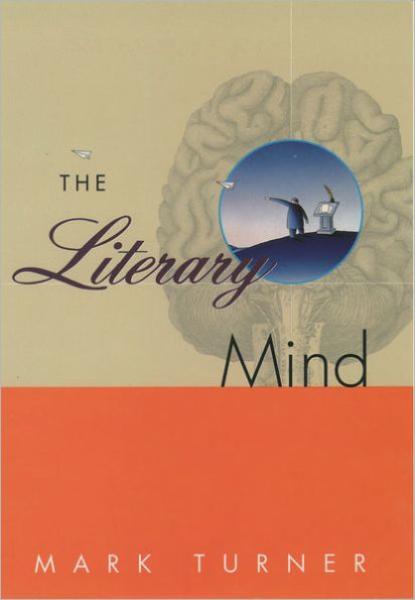Description
In The Literary Mind, Turner ranges from the tools of modern linguistics, to the recent work of neuroscientists such as Antonio Damasio and Gerald Edelman, to literary masterpieces by Homer, Dante, Shakespeare, and Proust, as he explains how story and projection--and their powerful combination in parable--are fundamental to everyday thought. In simple and traditional English, he reveals how we use parable to understand space and time, to grasp what it means to be located in space and time, and to conceive of ourselves, other selves, other lives, and other viewpoints. He explains the role of parable in reasoning, in categorizing, and in solving problems. He develops a powerful model of conceptual construction and, in a far-reaching final chapter, extends it to a new conception of the origin of language that contradicts proposals by such thinkers as Noam Chomsky and Steven Pinker. Turner argues that story, projection, and parable precede grammar, that language follows from these mental capacities as a consequence. Language, he concludes, is the child of the literary mind.
Offering major revisions to our understanding of thought, conceptual activity, and the origin and nature of language, The Literary Mind presents a unified theory of central problems in cognitive science, linguistics, neuroscience, psychology, and philosophy. It gives new and unexpected answers to classic questions about knowledge, creativity, understanding, reason, and invention.
Turner ranges from the tools of modern linguistics and classical rhetoric to the recent work of neuroscientists to literary masterpieces by Homer, Dante, Shakespeare, and Proust, to explain how story and projection--and their powerful combination in parable--are fundamental to everyday thought.
By blending neuroscience and literary history in The Literary Mind, Turner has created a story of his own, certain to set billions of neurons firing....[An] audacious and remarkable book. --Toronto Globe and Mail
Turner argues his case with brilliance and tenacity. I for one am convinced.--Philosophy and Literature
Product Details
- Oxford University Press, Brand
- Dec 17, 1998 Pub Date:
- 019512667X ISBN-10:
- 9780195126679 ISBN-13:
- 208 Pages
- 8.4 in * 5.5 in * 0.6 in Dimensions:
- 1 lb Weight:




